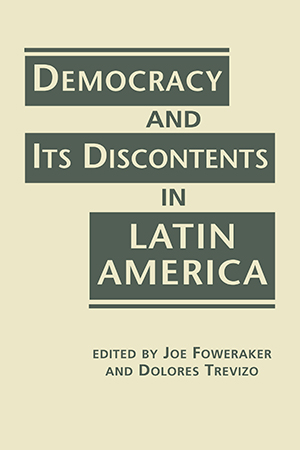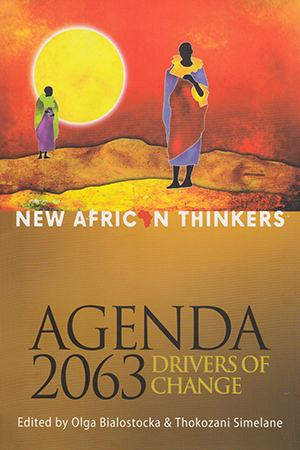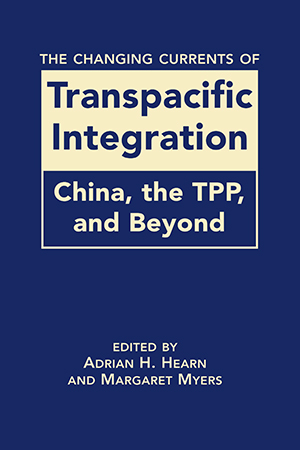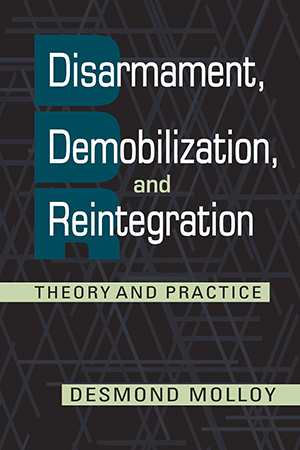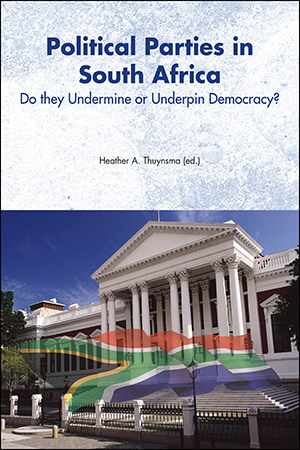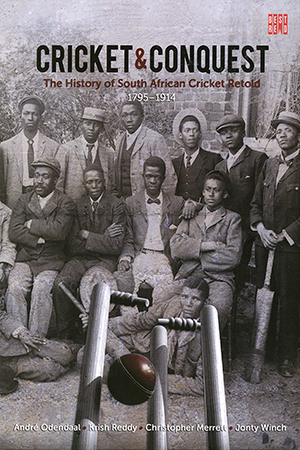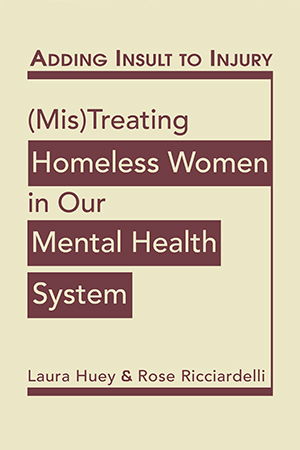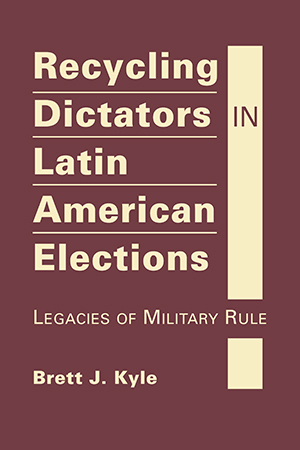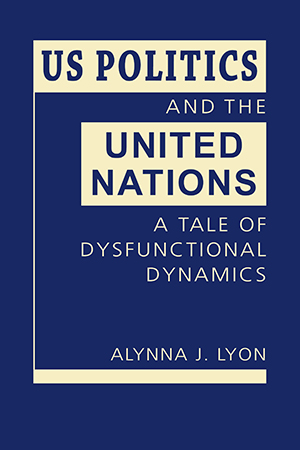BOOKS
Why is there so much discontent with democracy across Latin America? Are regimes being judged by unrealistic standards of success—or is there legitimate cause for criticism in light More >
Emerging scholars from across Africa focus on the multiple innovative ways through which Africa has been confronting challenges. The chapters cover peace and security including democracy and More >
This comprehensive assessment of transpacific economic integration explores the many ways that new approaches to multilateral cooperation, and notably the Trans-Pacific Partnership (TPP), More >
Disarmament, demobilization, and reintegration, or DDR, has been widely advocated for decades as an essential component of postconflict peacebuilding. But DDR in practice has generated more More >
In the past several years, the dominance of the African National Congress (ANC) has strained South Africa's democracy and tested its institutions. Within that context, the authors of More >
Exploring a paradox, Shawn Bingham and Sara Green show how humor has been used both to challenge traditional views of disability and to reinforce negative stereotypes and social More >
The first of its kind for any sport in South Africa: a cricket love story of epic dimensions, full of sometimes shocking details. Cricket and Conquest fundamentally revises long-established More >
Despite widespread recognition that the majority of homeless women suffer from severe mental and emotional trauma, our healthcare system has essentially left them untreated—other than More >
What explains the presence—and the surprising performance—of former authoritarian-regime officials in Latin American presidential elections? To answer that question, Brett J. More >
It is no secret that the US variously pulls away from the United Nations and embraces it as a significant venue for policy initiatives. But what explains this dramatic inconsistency? What is More >



